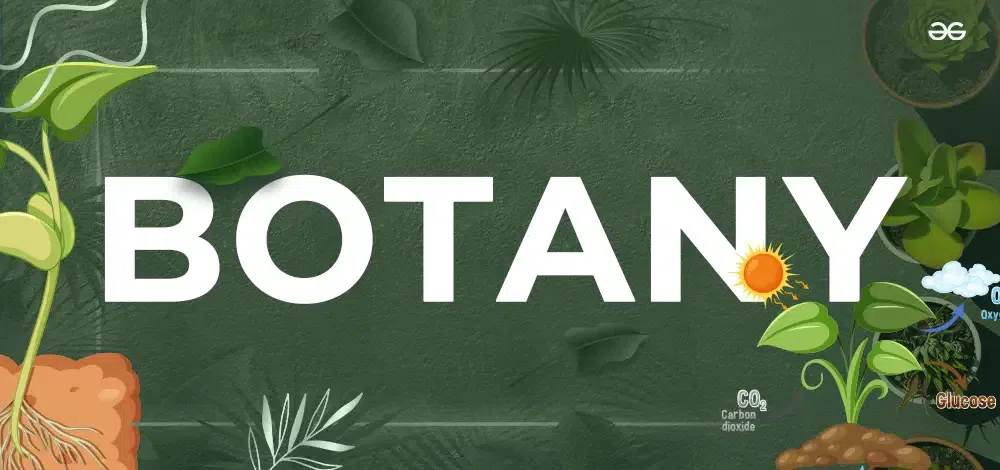From Folklore to Forests: The Enchanted Role of Plants in Human Culture
From Folklore to Forests: The Enchanted Role of Plants in Human Culture
Blog Article
In an age dominated by engineering and urbanization, it's an easy task to neglect the extraordinary role flowers perform in sustaining life on Earth. Nevertheless, plants are a great deal more than just a history to your day-to-day lives—they're imperative to the well-being of both the environmental surroundings and humanity. From purifying the air we breathe to promoting emotional wellness, flowers are the unsung guardians of our planet's health.

The Critical Role of Crops in the Environment
Crops serve while the backbone of Earth's ecosystems, offering a variety of benefits that sustain life. They generate oxygen through photosynthesis, a process where crops convert sunlight in to power and discharge oxygen as a byproduct. That normal incidence is essential for individual survival, along with the success of countless other species.
Beyond oxygen production, plants also become natural carbon sinks. In the face area of climate modify, plants absorb large levels of co2 from the atmosphere, helping to mitigate the effects of worldwide warming. Trees, as an example, have now been demonstrated to store more carbon in their biomass, creating them critical people in the fight against climate change.
More over, crops are crucial in sustaining soil health and stopping erosion. Their roots secure the land, lower runoff, and increase water retention. That generates a healthy environment that supports biodiversity and assists regulate regional climates.
Crops as Heart Nourishers
Equally, the historical Greeks and Romans credited different heavenly qualities to plants, from the laurel wreath that symbolized success to the olive tree addressing peace and prosperity. In many indigenous cultures, crops like sage and cedar were used in cleaning rituals, believed to clean areas and spirits.
On a psychological stage, flowers likewise have a profound effect on individual health. Study shows that only being around greenery can lower strain, improve imagination, and increase over all mood. Whether it's a houseplant on your own windowsill or a stroll through a lavish park, the clear presence of crops has a calming effect on the mind.
Flowers also contribute to higher air quality. Several interior crops can filtration toxins, such as benzene, formaldehyde, and ammonia, purifying the air and making a healthy living environment. The healing characteristics of flowers, both indoors and outdoors, are not just scientifically guaranteed but are also celebrated by cultures worldwide.

Realization
The calm, yet effective, impact of flowers on the planet's ecosystems and individual well-being can't be overstated. As we continue to face environmental and intellectual health difficulties, it's critical that individuals recognize crops as true "natural guardians"—accurate protectors of the World and healers of the human spirit. Let us continue steadily to nurture, protect, and observe the amazing power of flowers, ensuring a flourishing world for future generations. Report this page